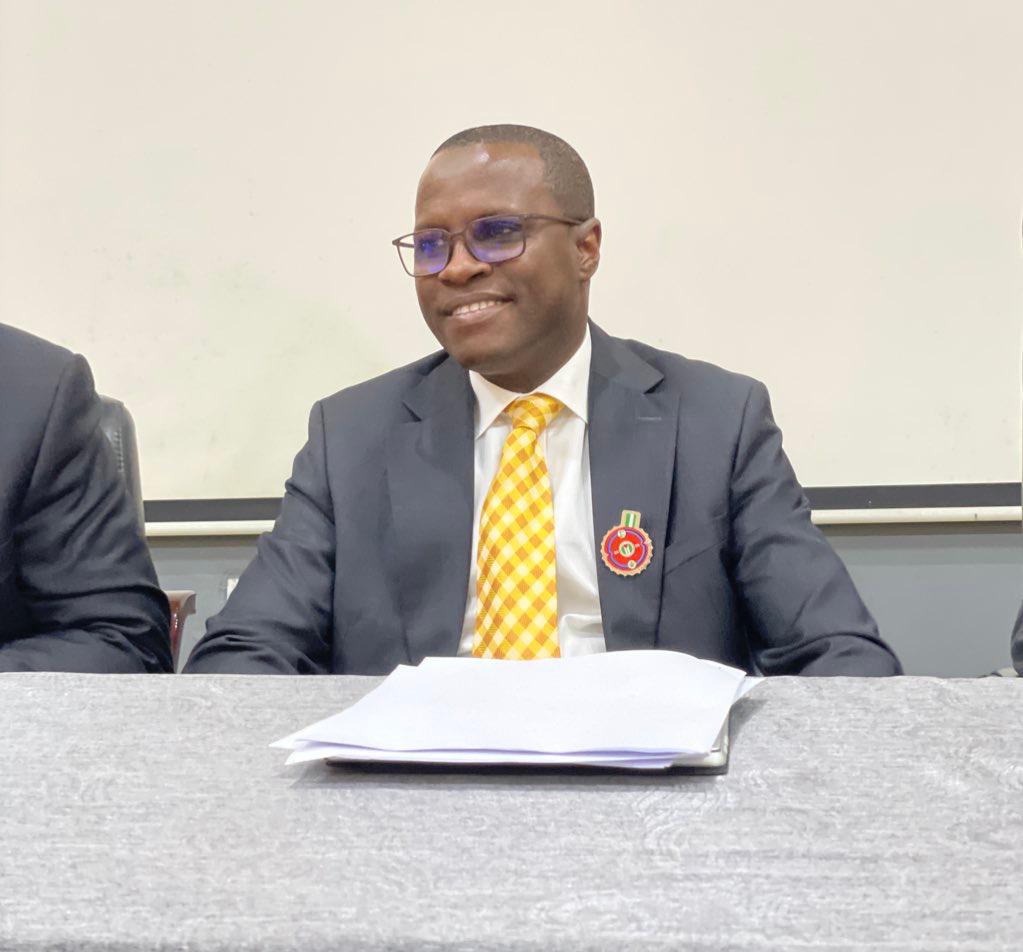The Chairman of the Independent Corrupt Practices and Other Related Offences Commission (ICPC), Dr. Musa Adamu Aliyu, SAN has revealed that prosecution of cases is the most critical in the fight against corruption.
Dr. Aliyu stated this on Wednesday in Abuja while delivering his welcome address at a Capacity Building Workshop for Judges on the promotion of public policy and interest of justice in the prosecution of corruption cases and other related offences, organized by the ICPC in collaboration with the National Judicial Institute (NJI), Abuja.
According to the ICPC Boss, investigation and prosecution of cases are pivotal to achieving success in anti-corruption efforts, adding that the perception of the ordinary man on the street is tied to trial of cases in courts and the recoveries of proceeds of corruption.
“The investigation and prosecution mandate of the Commission is very critical in the fight against corruption, especially the prosecution of cases in court, which is part of the enforcement process. This prosecution of cases is the most critical in the fight against corruption as the perception of the ordinary man in the street is tied to the trial of cases in court and recoveries of looted funds” he emphasized.
Dr. Aliyu seized opportunity to draw the attention of the Judges on the need to integrate technology into trial of cases, revealing that “in the fight against corruption globally and in the trial of cases, new case management systems are being innovated for an effective and efficient justice delivery system”.
According to him, “the new norm now is the admissibility of electronically generated evidence and the introduction of technology in the administration of justice in our judicial system”.
The Chairman told the Judges that the workshop was necessary, as the justice sector remained the fulcrum of concern in the fight against corruption.
According to the Chairman, “the justice sector remains a focal point of concern, particularly regarding bribery involving stakeholders in the justice sector”.
He revealed that “despite limited public contact, judicial officials exhibit relatively high bribery prevalence, emphasizing the need for targeted anti-corruption measures in this sector.”
In her keynote address, the Chief Justice of Nigeria (CJN), Hon. Justice Kudirat M.O. Kekere-Ekun, GCON, reminded the participants that the role of judicial officers in ensuring effective prosecution of corruption cases could not be dispensed, adding that the Judiciary remains the cornerstone of the criminal justice system in Nigeria.
Represented by Hon. Justice Salisu Garba Abdullahi, the Administrator of NJI, the CJN pointed out that the workshop, which was a platform for capacity building, had underscored the judges’ collective commitment to advancing the administration of justice and combating corruption in the society.
The workshop brought together, judges across Nigeria with the focus on building the capacity of the senior judicial officers in areas of justice system, forfeiture laws, money laundering, and the integration of technology into cases of trial.


